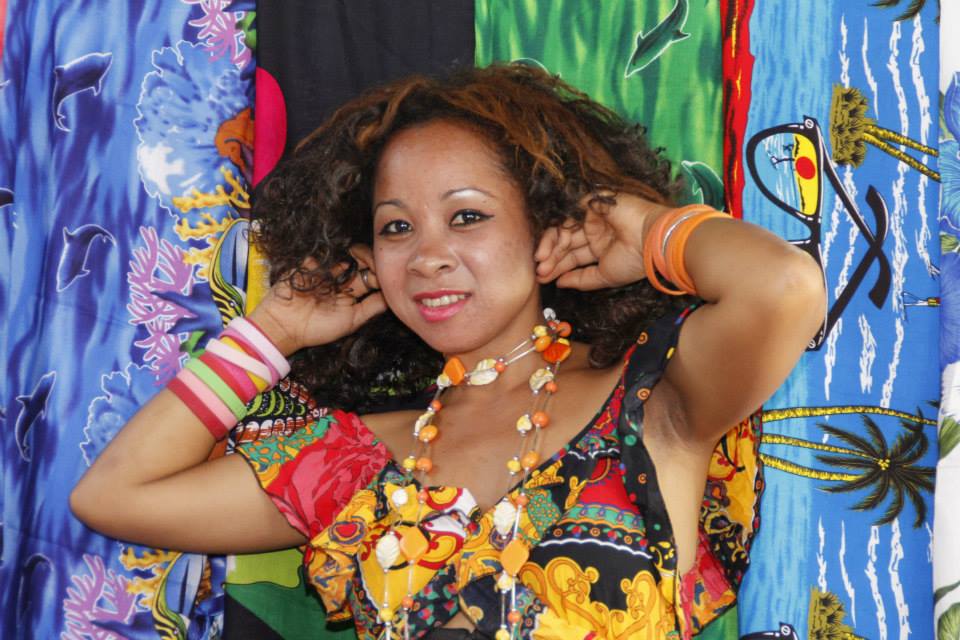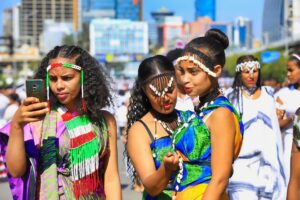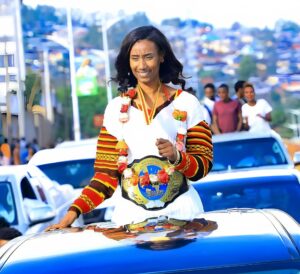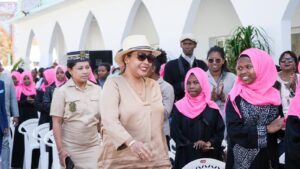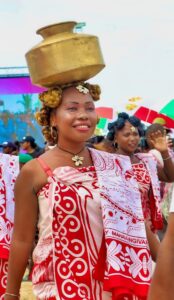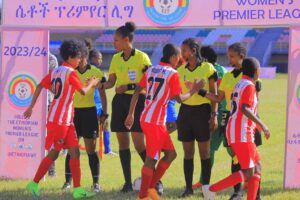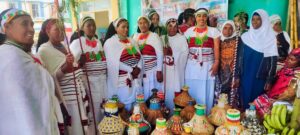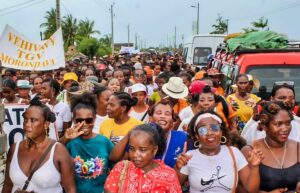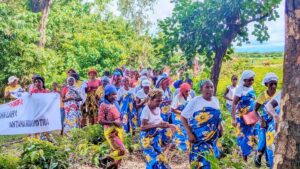-
AuthorPosts
-
19 September 2022 at 19:48 #1722
The “Fanambadiana” (legitimate marriage) in Madagascar is generally celebrated, without any religious ceremony.
As Barthélémy Huet of Froberville simplifies in his manuscript (The Great Dictionary of Madagascar, 1847), the boy chooses his wife. If the girl is willing, this mutual agreement is always approved by their parents. Those of the girl then arrange the dowry that the husband must offer “in return” to the latter. “The wealth of the boy’s family decides the value of the gift usually made in slaves and oxen. “
If the husband subsequently repudiates his wife, she has the right to keep the dowry she has received from him. On the other hand, if it is she who breaks the marriage, she is obliged to surrender it. This procedure being, everyone is free to remarry.
Thus, in the time of Flacourt, it is in the habits of the South that divorced women do not Can convince in new marriages without the consent of her ex-husband. “This consent never took place until he had been repaid the dowry which he had paid to his father or his wife’s family, when he had taken it into his marriage. Later, though divorced, if she comes to have children of another man, these are still supposed to belong to her.
Polygamy is also a widespread marital custom. In the North, however, only the great chiefs use this right, for the maintenance of women on an equal footing is expensive. But they put a certain pride in maintaining a great number of them.
In any case, throughout the Great Island, and whatever their number, there is always one which is the first in title and which is distinguished from the others by the significant name of “vadibe” (great or first wife). The others are of an inferior rank with regard to society, without, however, being subordinate to the first, which has nothing to command them.
“This kind of liberty produces between them enmities and jealousies, of which the husband is amused. So, when he increases the number of his wives, he says pleasantly that he mampirafy, that is to say he has just made enemies (rivals), for rafy is the ordinary name by which they Between them. The name of the second women is “vady masay.”
According to Rondaux, the child born of the first woman is the only heir. Moreover, the “vadibe” are very respected and “must be the Europeans who would be exposed to great trials and considerable compensation if they lacked in any way the consideration due to them”.
De Froberville remarks that none of the travellers, “both old and modern”, makes mention of the particular ceremonies which are practiced in the celebration of the marriage of the “Vadibe”.
However, Dumaine in his Journey to Anaïe asserts that the spouses are held by oath.
“I have seen,” he said, “during my stay at Fiadana how far the power of a husband Bezounzoun over his wife goes, when the two spouses are bound by oath. “
And he says: “A woman, abandoned for over a year by her husband, who had given her 20 dowry piastres, lived with one of my traveling companions, who had obtained it from his mother. The thing being known in the village of the husband, relatives and friends met, then sixty, went to Fiadanana to sue the mother-in-law. She was fined five oxen. “The case was concluded and the fine paid without even my travelling companion being named. Satisfied with the judgement, the husband withdrew with his world, and his wife “continued to live without trouble among us.”
Among the Bezanozano, Malagasy or foreign travellers can buy “girls at the breast” to become their wives. They give money to the parents for them to reserve. This sum constitutes a solemn undertaking, to which no one can fail without exposing himself to great indemnities.
“What is most remarkable is, that the number of these women is not limited, that one can take as many as one wants, and that they can be ceded to others if the Circumstances do not allow us to return to the country. -
AuthorPosts
You must be logged in to reply to this topic.

